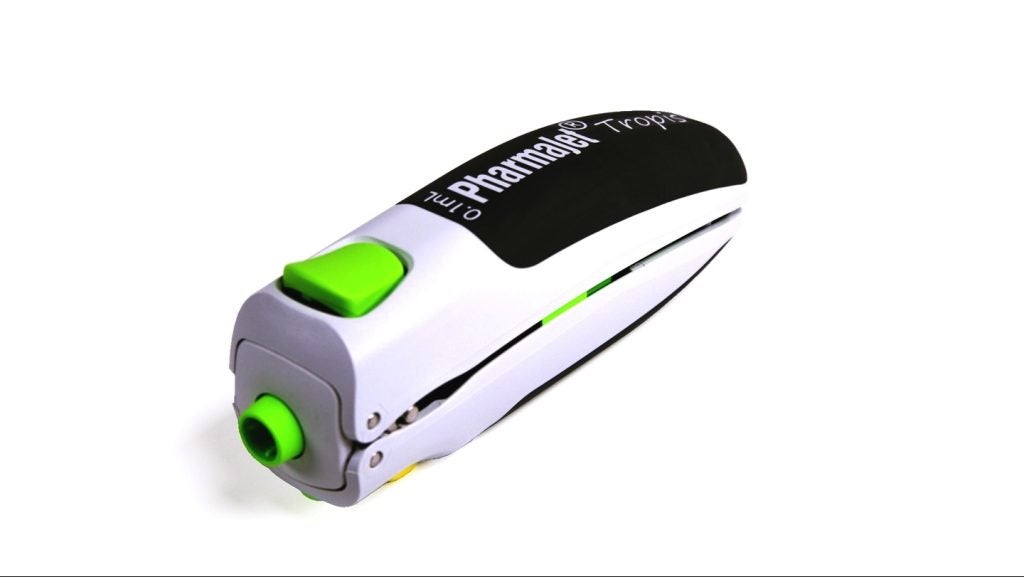
A collaborative research project in the US has resulted in the creation of an ingestible capsule that is controlled wirelessly with a smartphone app and can detect infections, allergic reactions and other types of conditions inside the body.
The team includes researchers from the Massachusetts Institute of Technology (MIT), Draper and Brigham and Women’s Hospital.
The new device, manufactured using 3D-printing technology, can also be used to deliver drugs to treat different diseases, which could avoid injections in patients that require long-term medication.
The capsule unfolds into a Y-shape after being swallowed and can remain in the stomach for at least a month. It later breaks into smaller pieces and passes through the digestive tract.
It consists of multiple arms, of which one consists of small compartments that can carry drugs packaged within polymers for gradual release over time.
The researchers are also planning to further refine the device to facilitate the remote opening of the compartments using wireless Bluetooth communication.
How well do you really know your competitors?
Access the most comprehensive Company Profiles on the market, powered by GlobalData. Save hours of research. Gain competitive edge.

Thank you!
Your download email will arrive shortly
Not ready to buy yet? Download a free sample
We are confident about the unique quality of our Company Profiles. However, we want you to make the most beneficial decision for your business, so we offer a free sample that you can download by submitting the below form
By GlobalDataFurthermore, the capsule can be loaded with sensors to monitor the gastric environment and transmit information through a wireless signal.
Currently, the sensors can monitor the temperature inside the stomach. The researchers are hoping to create other types of sensors.
Already tested in pigs, the new ingestible sensors are expected to be ready for human testing in two years. A company has been launched by the team to develop the technology for human use.
The team published their research in the Advanced Materials Technologies journal.
Research lead author Yong Lin Kong said: “We can potentially create customised ingestible electronics where the gastric residence period can be tailored based on a specific medical application, which could lead to a personalised diagnostic and treatment that is widely accessible.”
The device has been designed to allow communication with other wearable and implantable medical devices, enabling the pooling of information that can be sent to a patient’s or doctor’s smartphone.






